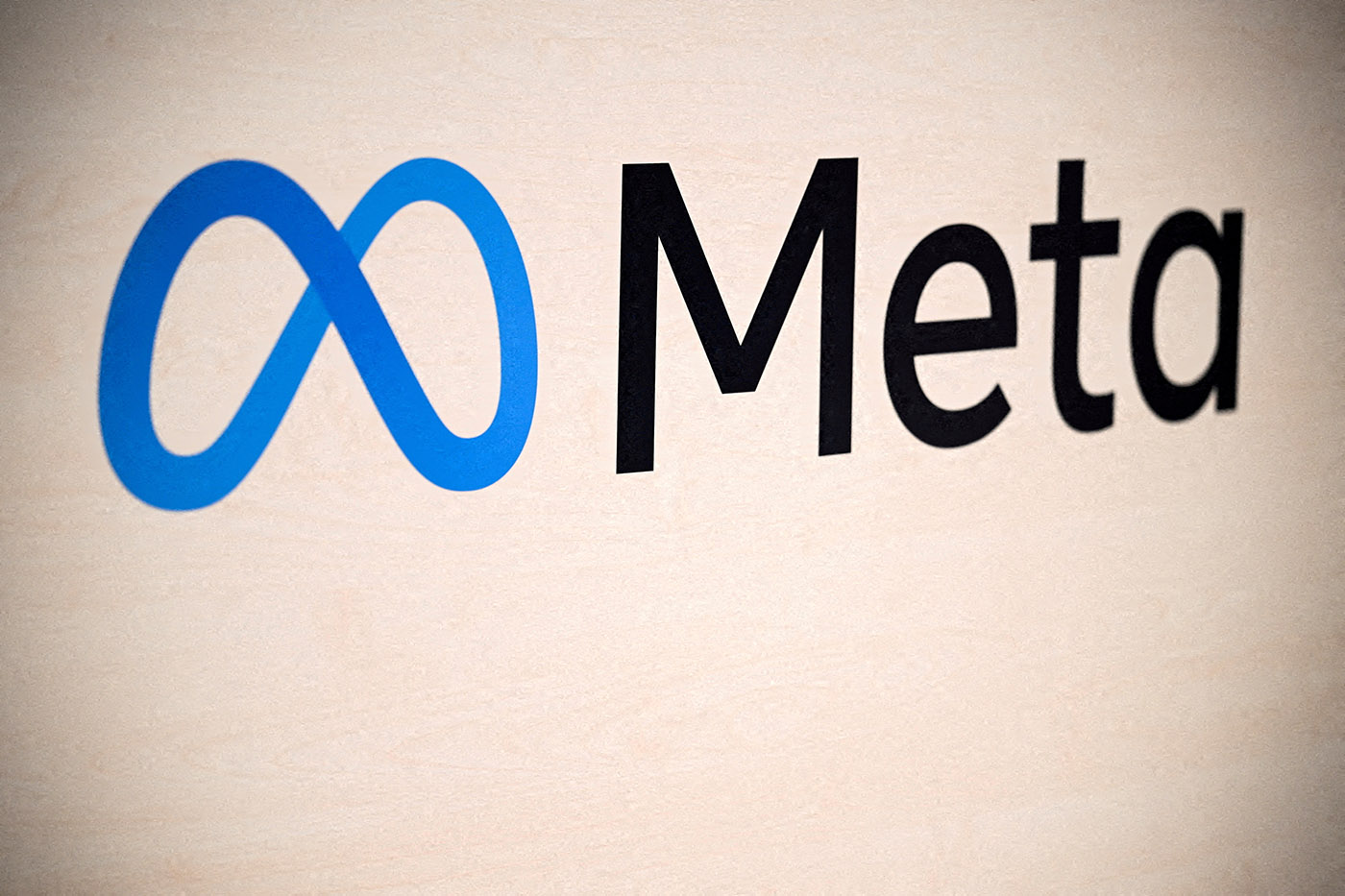On May 24th, Florida Governor Ron DeSantis signed into law a bill that aims to curb alleged censorship by social media platforms. The new law, SB 7072, levies financial penalties on social media companies for deplatforming candidates for public office, and affords users the opportunity to sue for alleged censorship.
Under the Florida law, social media companies can face fines of $250,000 per day for deplatforming those seeking statewide office, and $25,000 per day for deplatforming those seeking other public office. Additionally, the law calls on social media companies to “…publish the standards, including detailed definitions, it uses or has used for determining how to censor, deplatform, and shadow ban.”
Moreover, individual users can directly sue a social media platform and collect “[u]p to $100,000 in statutory damages per proven claim” if the company is found to have contravened either of the following two portions of the law:
“A social media platform must apply censorship, deplatforming, and shadow banning standards in a consistent manner among its users on the platform.”
“A social media platform may not censor or shadow ban a user’s content or material or deplatform a user from the social media platform: 1. Without notifying the user who posted or attempted to post the content or material…”
The law goes into effect July 1, 2021 and applies to platforms with 100,000,000+ monthly users worldwide.
The law has generated competing interpretations of its effect on freedom of speech. Governor Ron DeSantis praised the bill, tweeting “[t]oday, Floridians are being guaranteed protection against the Silicon Valley power grab on speech, thought, and content. We the people are standing up to tech totalitarianism with the signing of Florida’s Big Tech Bill.”
While proponents claim the bill protects freedom of speech by curbing deplatforming and censorship, critics charge that the new law is unconstitutional and its passage purely political. Section 230 of the Communications Decency Act, a federal law, provides internet companies like social media platforms with immunity from liability for “any action voluntarily taken in good faith to restrict access to or availability of material that the provider or user considers to be obscene, lewd, lascivious, filthy, excessively violent, harassing, or otherwise objectionable, whether or not such material is constitutionally protected.”
Thus, assuming the platforms act in “good faith,” they cannot be sued for removing posts under federal law. And when there is a conflict, federal law trumps state law. It is unclear whether the provision under Florida’s law that permits users to sue social media companies violates this aspect of Section 230.
In addition to concerns regarding Section 230, some critics claim the law’s targeting of social media platforms’ content moderation policies amounts to compelled speech and thus violates private companies’ free speech rights.
According to the Associated Press, Carl Szabo, Vice President and General Counsel at the tech lobbying firm NetChoice, emphasized in a statement that “[b]y forcing websites to host speech, this bill takes us closer to a state-run internet where the government can cherry pick winners and losers.”
The Florida Senate Democratic Caucus released a statement, stating in part that Republican legislators are “…talking out of both sides of their mouths — muzzling protesters’ freedom of speech and right to peacefully assemble while also stripping private businesses from determining what is and is not acceptable on their own platforms.”
Florida’s new law may elicit legal challenges as debates over online speech and its implications for the First Amendment continue to grow.
Tags



